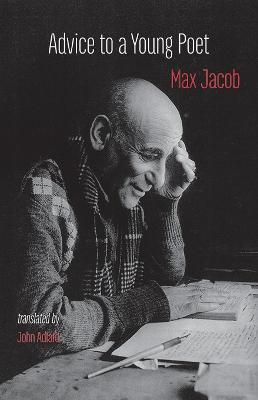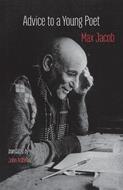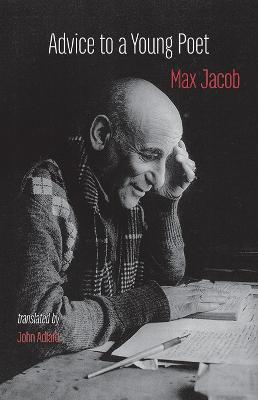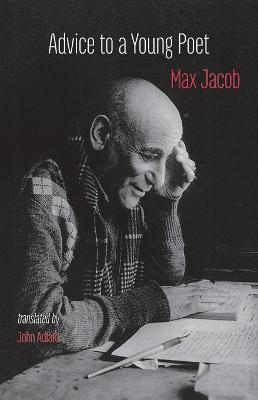Advice to a Young Poet: Conseils a un jeune poete
'Advice to a Young Poet' is an English translation, first published on the centenary of the author's birth in 1967, of Max Jacob's posthumous 'Conseils a un jeune poete'. This was Jacob's last major statement on poetry, the culmination of a lifetime's reflection on and practice of the art. This book makes his great personal as well as literary influence on many poets and writers easier to understand. The translator, John Adlard, supplies an introduction which is a valuable contribution to the understanding of Jacob. The book is completed by a deeply personal preface from the pen of Edmond Jabes, and a historically important afterword by the "young poet" himself, Jacques Evrard, the first time he had expressed himself on the subject. "In 'Advice to a Young Poet' Max sets out to answer a question posed by the young man's father: 'What is a lyrical line?' It is his last major statement on poetry, the final development of the thinking of twenty-five years. 'Men used to believe,' he wrote in the 1916 preface to 'Le Cornet a Des', 'that artists are inspired by angels and that there are different categories of angels.' By 1941, after the years of prayer and contemplation at Saint-Benoit-sur-Loire, this is no longer what 'men used to believe', but a fact in the interior life of a poet, the interior life without which a poet cannot be permeable. Only in a mind that is permeable is that conflagration possible ('the conflagration,' he called it in his 'Art Poetique' of 1922, 'after the encounter of a harmonious man with himself') which produces the lyrical line, the 'consecrated line' identified by its euphoria and its euphony." -from John Adlard's introduction
-
Autore:
-
Traduttore:
-
Editore:
-
Anno:2023
-
Rilegatura:Paperback / softback
-
Pagine:86 p.
Le schede prodotto sono aggiornate in conformità al Regolamento UE 988/2023. Laddove ci fossero taluni dati non disponibili per ragioni indipendenti da Feltrinelli, vi informiamo che stiamo compiendo ogni ragionevole sforzo per inserirli. Vi invitiamo a controllare periodicamente il sito www.lafeltrinelli.it per eventuali novità e aggiornamenti.
Per le vendite di prodotti da terze parti, ciascun venditore si assume la piena e diretta responsabilità per la commercializzazione del prodotto e per la sua conformità al Regolamento UE 988/2023, nonché alle normative nazionali ed europee vigenti.
Per informazioni sulla sicurezza dei prodotti, contattare productsafety@feltrinelli.it




